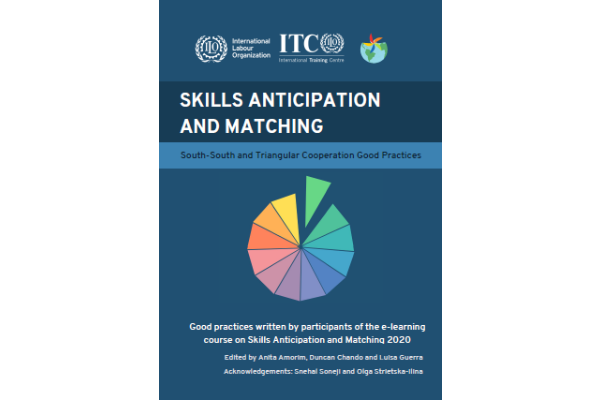
Skills mismatch is a challenge for policy-makers, taking various forms are different in their causes and consequences and can negatively affect labour market outcomes. Globally, one in four workers are operating below their productive capacity. Typically, higher levels of informality, as well as poor job quality and low levels of educational attainment, are associated with higher education mismatch. Moreover, the skills mismatch is also qualitatively different in developing labour markets compared to high-income country: underqualification, rather than overqualification, is a much bigger issue in developing countries.
South-South and Triangular Cooperation (SSTC) is a partnership between equals that involves a process of learning or sharing knowledge from effective development initiatives that have been implemented in countries of the Global South. Facing similar challenges, developing countries can support each other in developing new solutions through exchanges of technical knowledge and successful experiences. The e-learning course on Skills Anticipation and Mismatch was organized in 2020 by the International Training Centre of the International Labour Organization (ITC-ILO), with the support of the Partnerships and Field Support Department (PARDEV) of the ILO to utilize SSTC methodologies for peer learning and knowledge sharing on the topic of skills mismatch. This publication is a collection of experiences written by participants of the course, with the objective of disseminating good practices already in place in countries of the Global South.
Click here to access: Skills Anticipation and Mismatch: South-South and Triangular Cooperation Good Practices (ILO, 2020)

